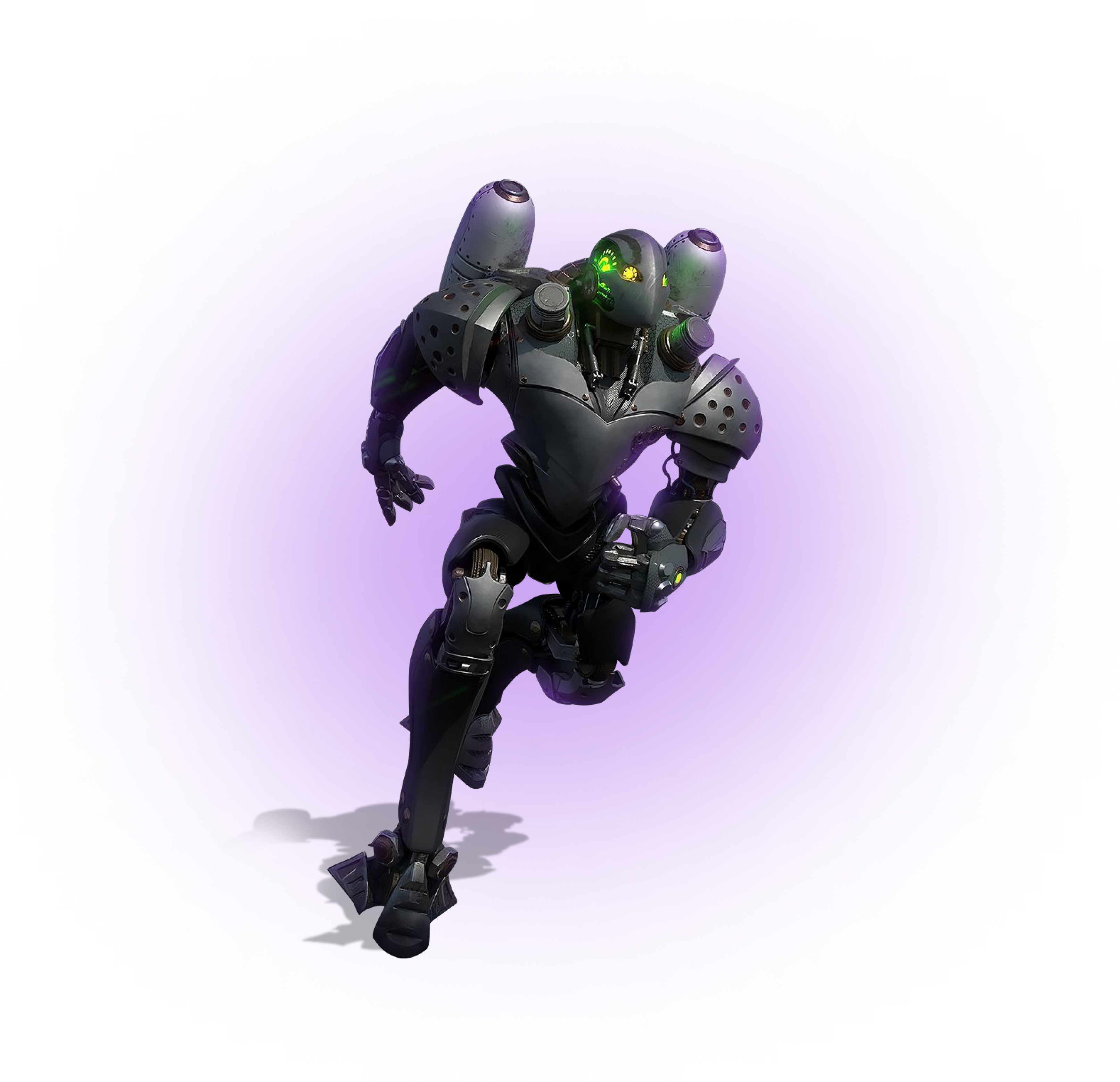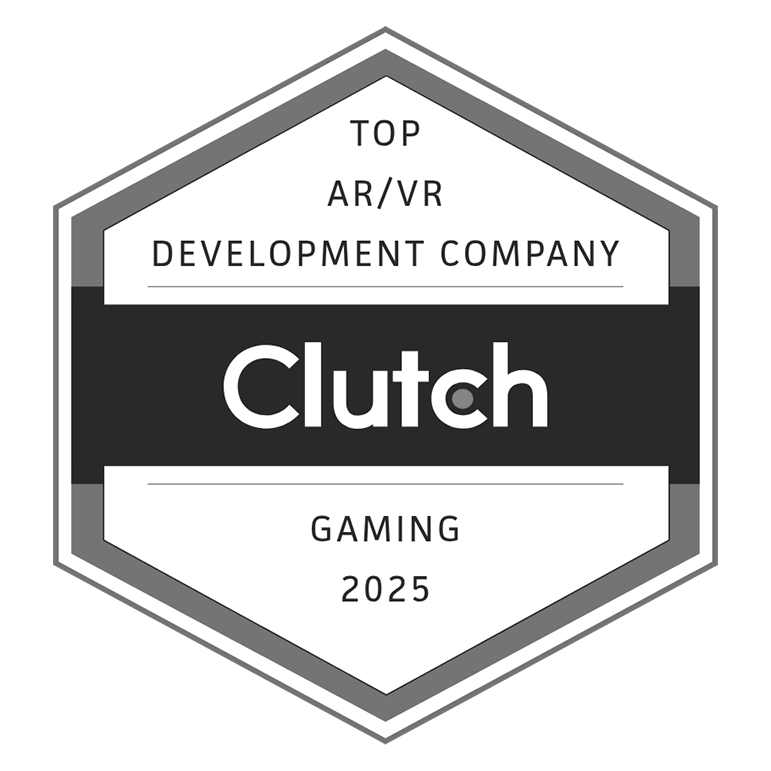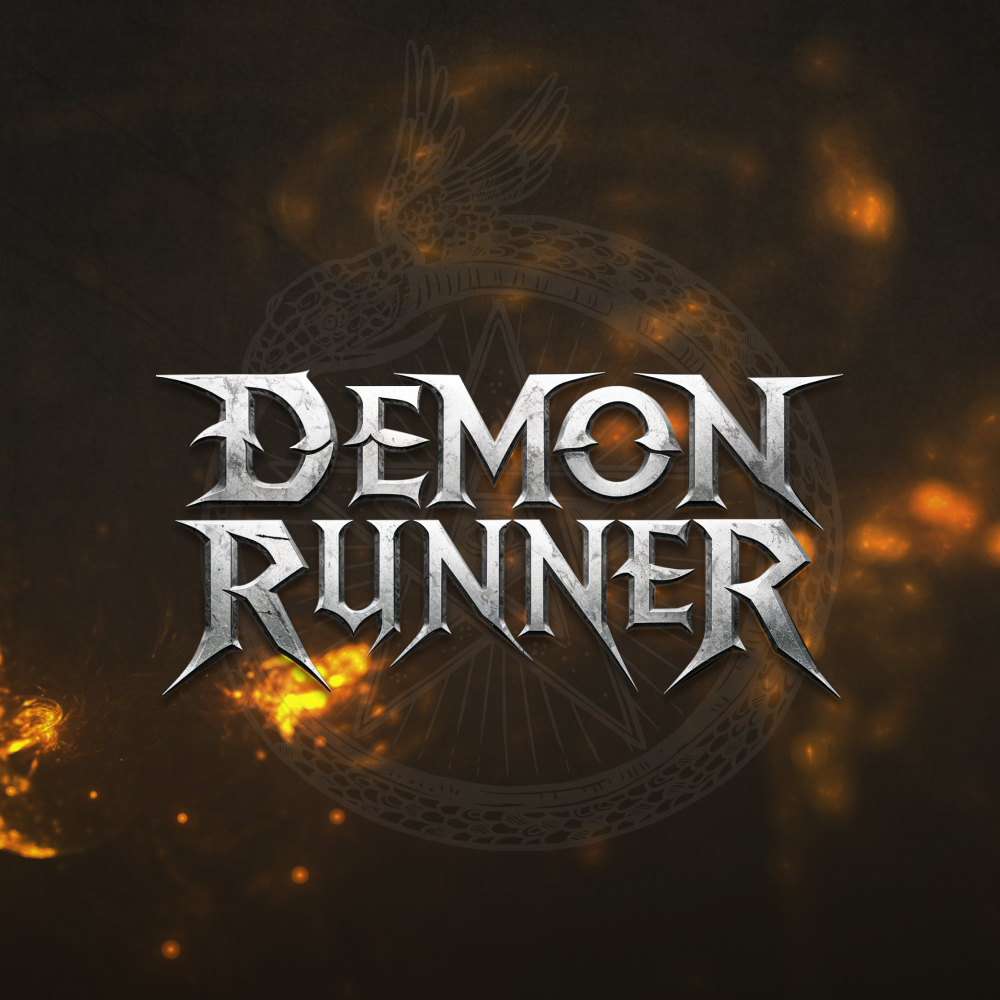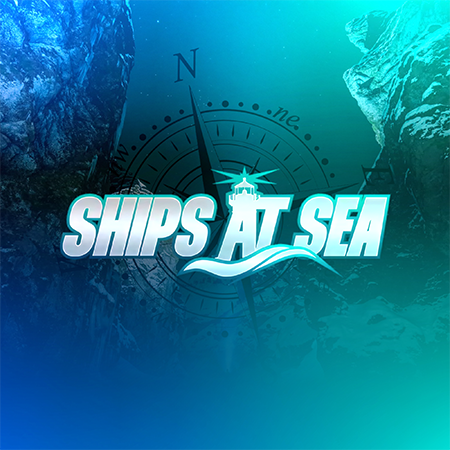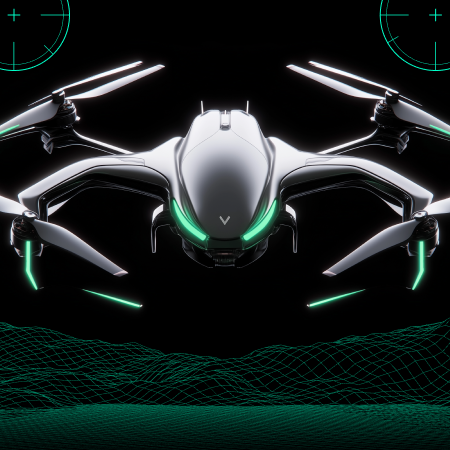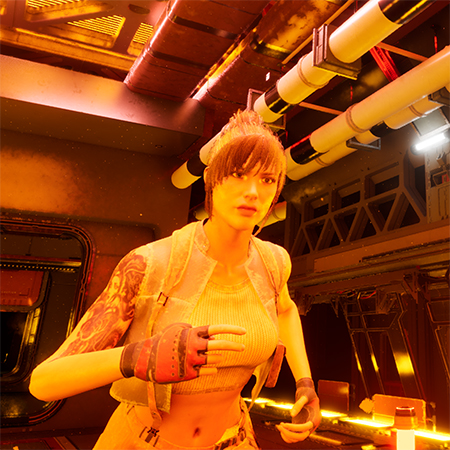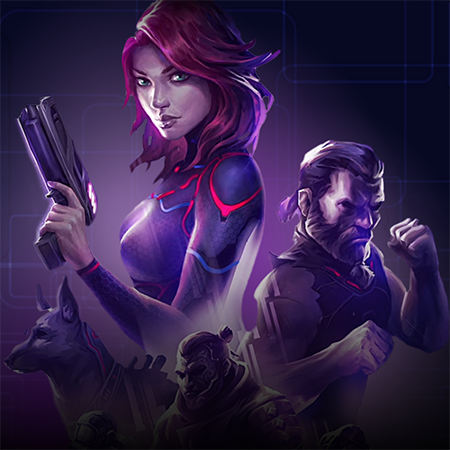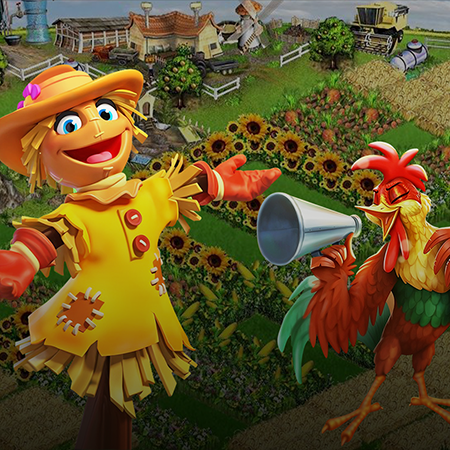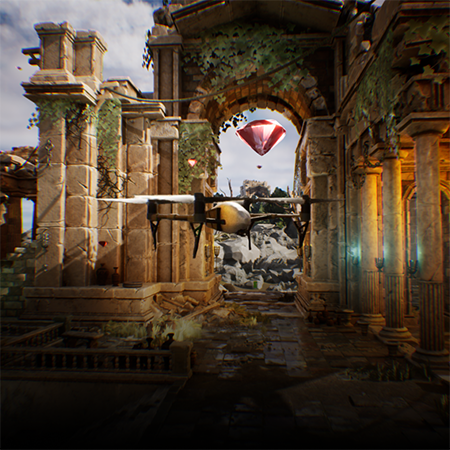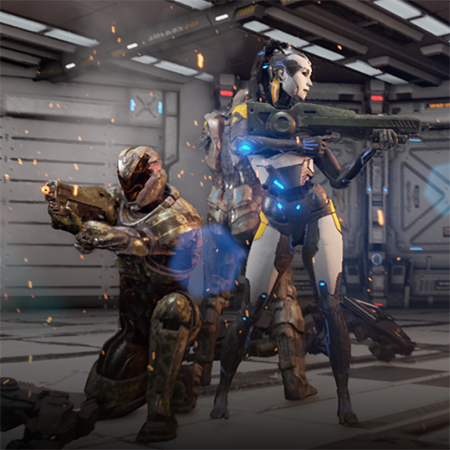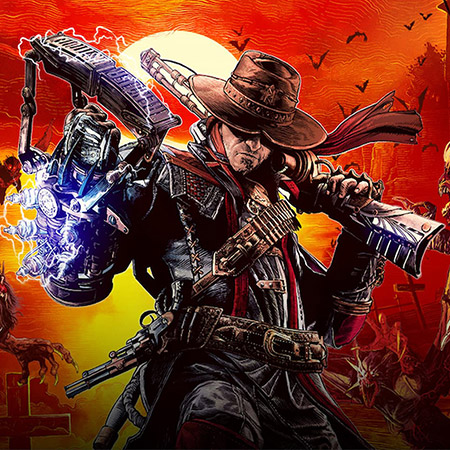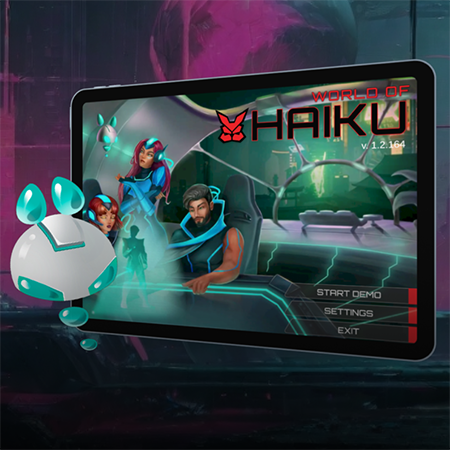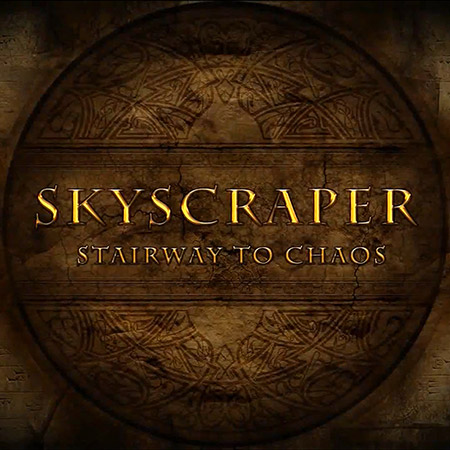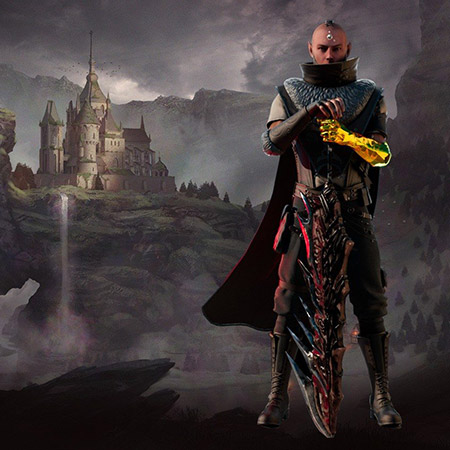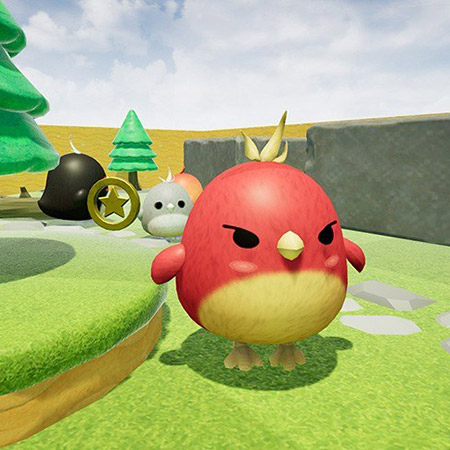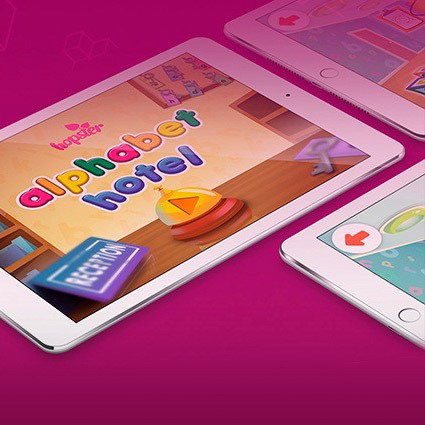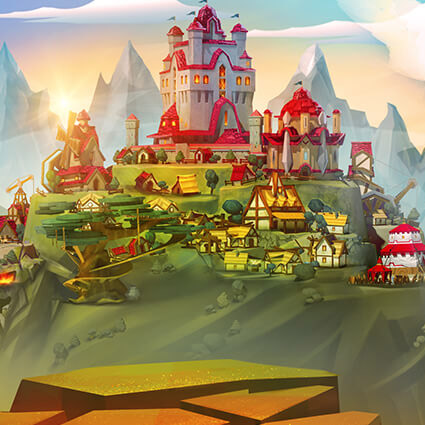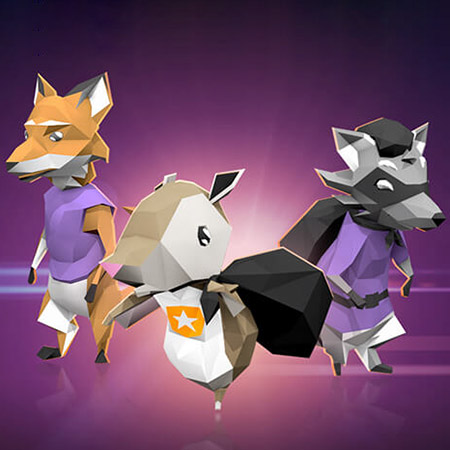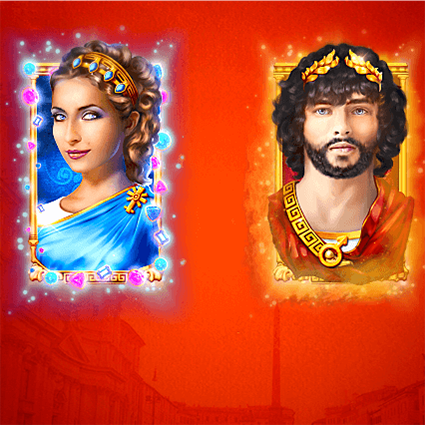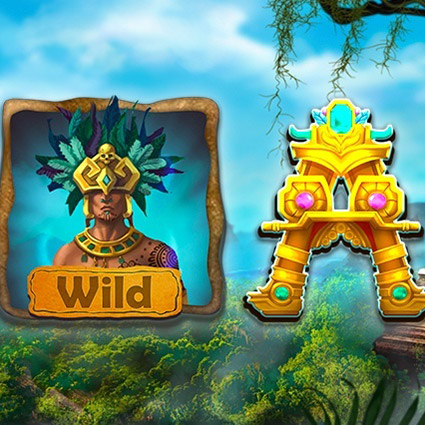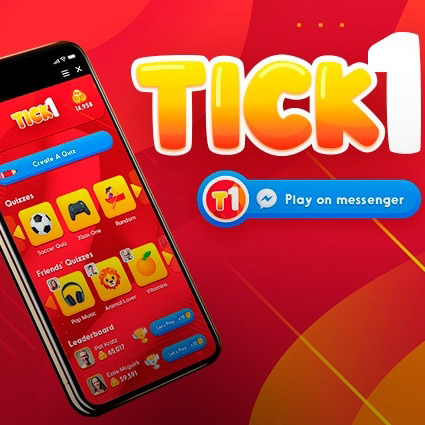For years, game engines have been simplifying the lives of game developers, providing them with pre-made solutions to turn their vision into reality. Since their first appearance in the 1980s, when the term “game engine” wasn’t even around, these frameworks have gone through an impressive journey.
Nowadays, we have game engines for any taste and purpose. However, this triggers a struggle that can be described as a paradox of choice: the huge number of options shut out our brains, stopping us from making any decision. So, if you feel lost looking for the best gaming engine, Game-Ace, a custom game development company, has your back. Our GameDev specialists prepared an overview of the best game engines for different types of projects. Scroll down to learn what engine will be the perfect match for your game!
What Is the Best Game Engine?
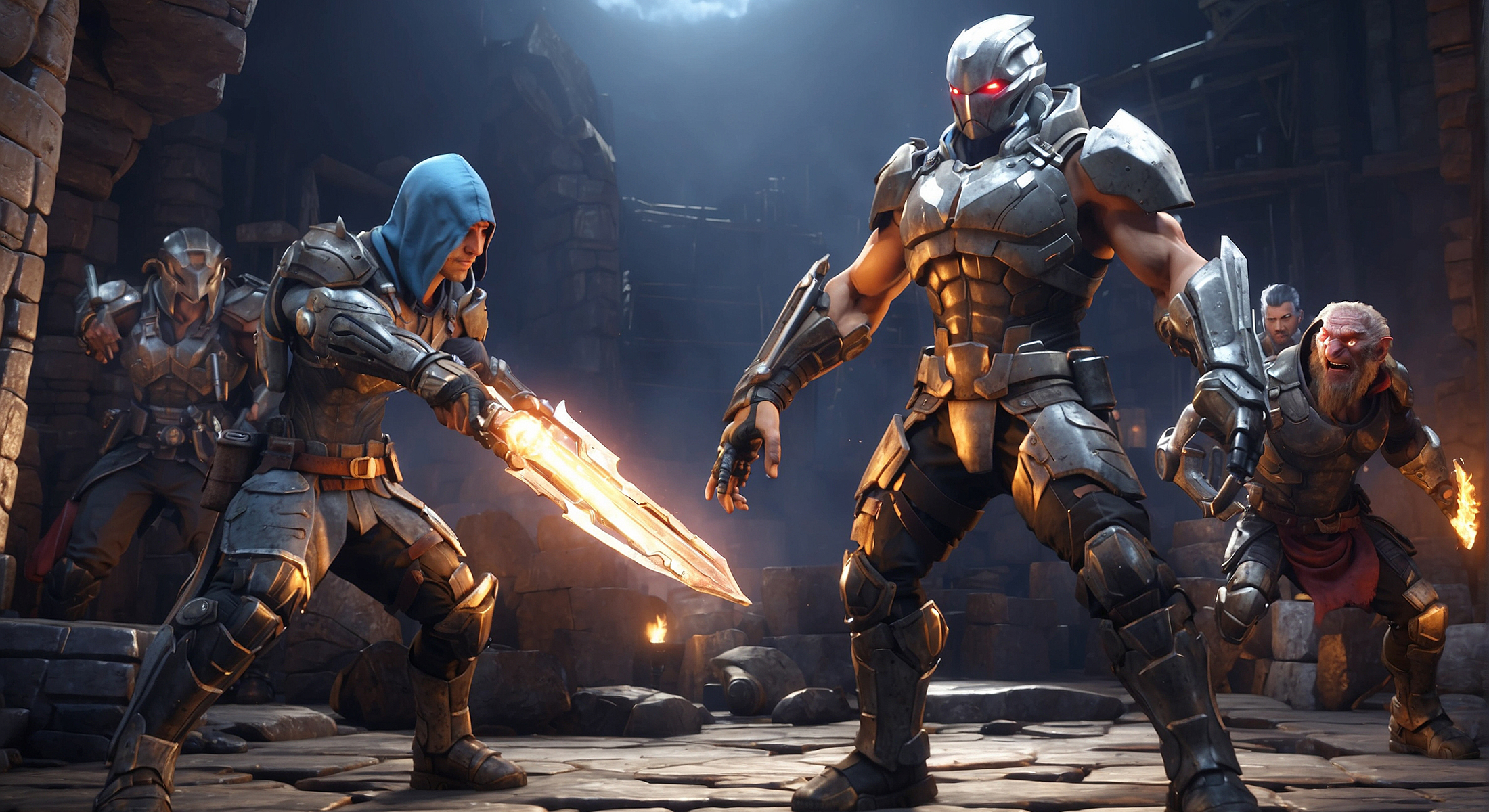
The selection of a game engine is a critical strategic decision for any game development studio, akin to a chess grandmaster choosing an opening move. It sets the stage for the project's development trajectory and significantly impacts the technical execution and the final product's quality.
So, what is the best gaming engine? We can’t give you a definite answer to this question, as it is time to dispel the myth of a universal best video game engine. There is the most used game engine, and there is the simplest engine in usage, but there is no game engine that will work as a magic wand for everyone. We suggest that game studios focus on identifying which engine aligns impeccably with the project's specific requirements and the studio's expertise.
Game engines are as varied as the genres and platforms of the games they help create. For instance, a studio aiming to craft a narrative-driven 2D platformer might find an engine like Unity — a veritable Swiss Army knife in the game development toolkit — a perfect choice, thanks to its versatility and rich asset store. On the other hand, a team working on a graphically intensive 3D MMORPG might lean towards Unreal Engine, with its high-fidelity rendering capabilities reminiscent of blockbuster titles like Fortnite and Final Fantasy VII Remake.
The mobile gaming market is another domain where the engine choice can dictate the project outcome. Engines like Cocos2d-x, with its light footprint and agility, can be the wind beneath the wings of a Flappy Bird-esque viral sensation. Meanwhile, for pixel art aficionados looking to create the next Stardew Valley, an engine that specializes in retro aesthetics and tilesets, such as Godot, might be the secret sauce to pixel perfection.
Ultimately, the best game development engine is a contextual accolade. It is the one that best serves the game's vision, leverages the studio's strengths, and meets the audience's expectations. The key lies in meticulous evaluation, foresight, and an in-depth understanding of each engine's nuances and potential. For example, in endless runner game development, the engine must support smooth procedural generation and responsive mechanics to ensure fluid gameplay.
The Main Criteria to Evaluate a Game Engine
So, instead of looking for the best game engine in the market, you made a wise decision to select an engine that will fit your needs the best. How should you analyze the characteristics of each solution? Let us share our criteria. If you have a clear vision of your future game, you can easily determine your requirements for every criterion.
Performance and Scalability
- Low: Struggles with complex scenes or large numbers of assets; limited scalability for high-demand projects.
- Medium: Handles moderate complexity well; scalable with some limitations or requiring additional optimization.
- High: Excellently manages complex and asset-heavy projects; highly scalable with minimal additional effort.
Platform Support
- Limited: Supports only one or a few platforms; may require significant work to port to other platforms.
- Moderate: Supports major platforms with additional development; good for most standard releases.
- Extensive: Offers out-of-the-box support for various platforms, including emerging technologies.
Graphics and Rendering Capabilities
- Basic: Suitable for simple or stylized graphics; limited support for advanced rendering techniques.
- Advanced: Supports a wide range of graphical features and can produce high-quality visuals.
- Cutting-edge: At the forefront of graphics technology, enabling photorealistic visuals and advanced effects.
Ease of Use and Learning Curve
- Steep: Requires significant learning time; best suited for experienced developers or those with specific needs.
- Moderate: Balances complexity with intuitiveness; has a learning curve that is manageable with resources.
- User-friendly: Intuitive interface and workflow; abundant learning resources and community support for beginners.
Community and Support
- Emerging: Growing community; limited resources and support but has potential.
- Established: Solid community with a good range of resources; active support channels.
- Thriving: Large, active community; extensive resources and professional support readily available.
Cost Structure
- Fixed: One-time purchase or subscription with clear limits; may be cost-prohibitive for some studios.
- Flexible: Various pricing tiers or plans can accommodate a range of budgets and scales.
- Revenue-share: No upfront cost; payment scaled to the success of the project, beneficial for bootstrapped studios.
Asset Store and Plugins
- Basic: Limited selection; may require more in-house development for additional tools and assets.
- Diverse: Good variety of assets and plugins; covers many common development needs.
- Extensive: Wide array of high-quality assets and plugins; significantly reduces development time and effort.
Customization and Extensibility
- Closed: Little to no access to source code; limited customization options.
- Moderate: Some access to customization and plugins requires technical expertise to utilize fully.
- Open: Full access to source code; highly customizable and extensible for various needs.
By applying this scale to each criterion, you can systematically assess and compare game engines, leading to a more informed and strategic selection that aligns with your project needs and goals.
Different Types of Game Engines
Now that you have the set of comprehensive criteria let’s contemplate the most popular options of top gaming engines for various types of video games.
Unity and Unreal Engine – Undoubted GameDev Leaders
As you might know, Unity and Unreal are the most famous and popular engines, as their versatility allows the creation of top gaming experiences in almost every possible category.
Our experience as a Unity game development studio shows that Unity excels in mobile game development, powering legendary games like Temple Run, Subway Surf, and Pokémon GO. In turn, as an Unreal Engine game development company, we want to emphasize that UE is a go-to choice for AAA projects with high-volume graphics, and projects like Fortnite, Bioshock Series, or Valorant are vivid proofs of this statement.
But the market has much more to offer than two, albeit first-class, engines.
The Best 2D Game Engines

Godot
Performance: Medium to High
Ease of Use: Moderate
Community and Support: Established
Cost Structure: Open (Free and Open Source)
Asset Store: Diverse

GameMaker Studio 2
Performance: High
Ease of Use: User-friendly
Community and Support: Established
Cost Structure: Flexible
Asset Store: Diverse
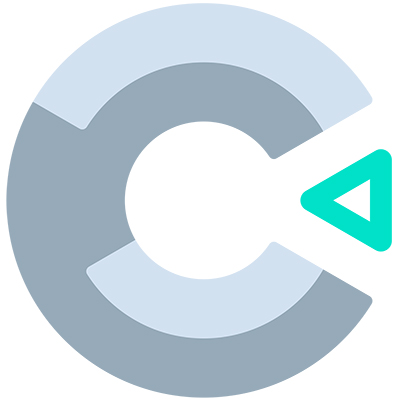
Construct
Performance: Medium
Ease of Use: User-friendly
Community and Support: Established
Cost Structure: Flexible
Asset Store: Basic to Diverse
The Best 3D Game Engines
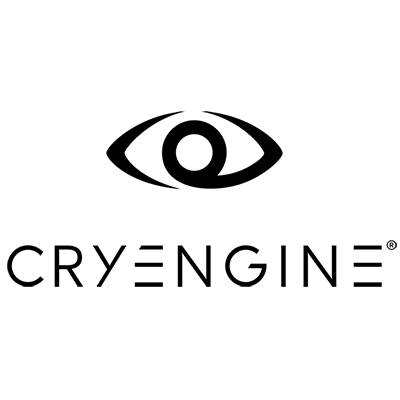
CryEngine
Performance: High
Ease of Use: Moderate
Community and Support: Established
Cost Structure: Flexible
Asset Store: Moderate
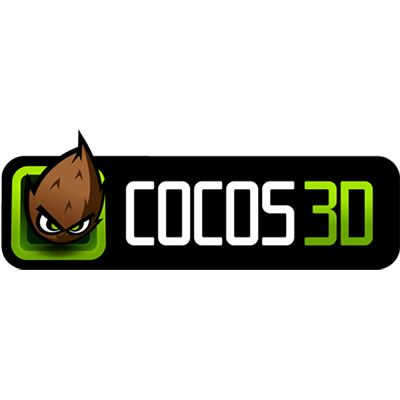
Cocos3d
Performance: High
Ease of Use: Moderate
Community and Support: Growing
Cost Structure: Free
Asset Store: Limited

Amazon Lumberyard
Performance: High
Ease of Use: Moderate
Community and Support: Growing
Cost Structure: Free (with AWS costs for online services)
Asset Store: Emerging
The Best Mobile Game Engines
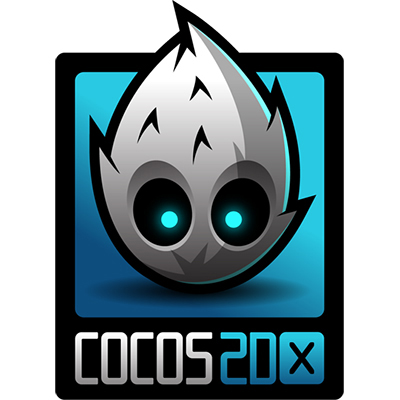
Cocos2d-x
Performance: High
Ease of Use: Moderate
Community and Support: Established
Cost Structure: Open (Free and Open Source)
Asset Store: Moderate

Solar2D (formerly Corona SDK)
Performance: High
Ease of Use: User-friendly
Community and Support: Established
Cost Structure: Open (Free and Open Source)
Asset Store: Basic
The Best Game Engines for Pixel Games

GameMaker Studio 2
Performance: High
Ease of Use: User-friendly
Community and Support: Established
Cost Structure: Flexible
Asset Store: Diverse
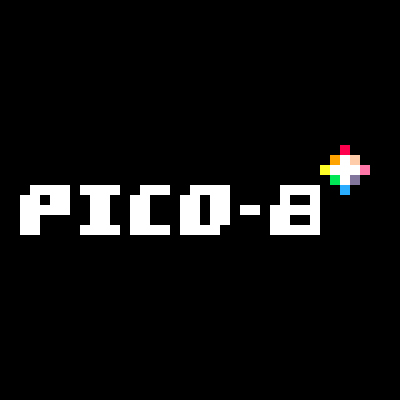
PICO-8
Performance: Medium
Ease of Use: User-friendly
Community and Support: Growing
Cost Structure: Fixed
Asset Store: N/A (Integrated development environment)

Godot
Performance: Medium to High
Ease of Use: Moderate
Community and Support: Established
Cost Structure: Open (Free and Open Source)
Asset Store: Diverse
The Best Cross-Platform Game Engines

Godot
Performance: Medium to High
Ease of Use: Moderate
Community and Support: Established
Cost Structure: Open (Free and Open Source)
Asset Store: Diverse

Solar2D (formerly Corona SDK)
Performance: High
Ease of Use: User-friendly
Community and Support: Established
Cost Structure: Open (Free and Open Source)
Asset Store: Basic
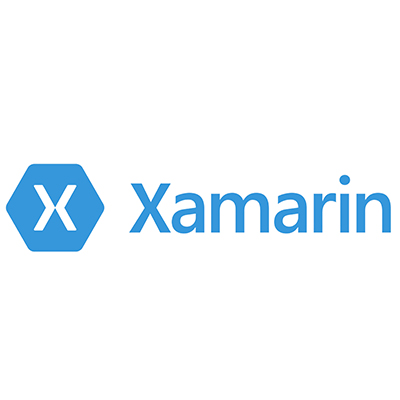
Xamarin
Performance: Medium to High
Ease of Use: Moderate (requires C# knowledge)
Community and Support: Established
Cost Structure: Flexible (Open Source with commercial options)
Asset Store: N/A (relies on third-party tools)
The Best VR/AR Game Engines
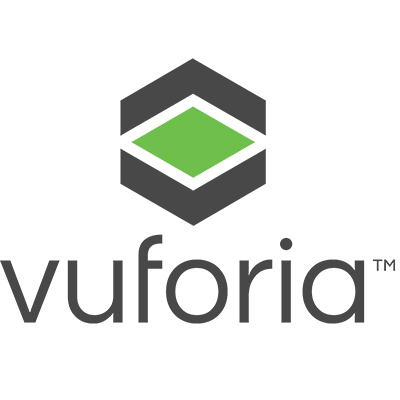
Vuforia Engine
Performance: Medium to High
Ease of Use: Moderate
Community and Support: Established
Cost Structure: Flexible (Free with premium features)
Asset Store: N/A (focused on AR)
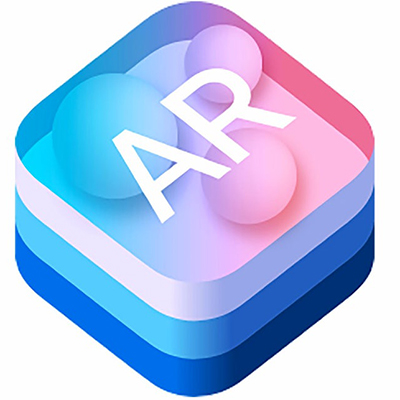
ARKit & ARCore (iOS / Android):
Performance: High
Ease of Use: Moderate to High
Community and Support: Established
Cost Structure: Free
Asset Store: N/A (platform-specific)

Amazon Sumerian
Performance: Medium
Ease of Use: User-friendly
Community and Support: Growing
Cost Structure: Pay-as-you-go (AWS usage)
Asset Store: Basic

Top Game Engines: A Detailed Comparison
Navigating through the myriad of game engines can be overwhelming. To help you gain a comprehensive understanding, we've compiled a detailed comparison of some top game engines.
Unity:
Performance: High
Ease of Use: User-friendly
Community & Support: Thriving
Cost Structure: Flexible (Free tier, subscription, and revenue-share for Pro)
Asset Store/Marketplace: Extensive
Platforms Supported: Windows, macOS, Linux, iOS, Android, VR/AR, consoles, web
VR/AR Support: Excellent
2D/3D Support: Excellent for both
Learning Curve: Moderate
Scripting Languages: C#, JavaScript (UnityScript)
Notable Features: Cross-platform development, large asset store, strong community
Unreal Engine:
Performance: High
Ease of Use: Moderate
Community & Support: Thriving
Cost Structure: Revenue-share after a revenue threshold
Asset Store/Marketplace: Extensive
Platforms Supported: Windows, macOS, Linux, iOS, Android, VR/AR, consoles
VR/AR Support: Excellent
2D/3D Support: Primarily 3D with strong 2D capabilities
Learning Curve: Steeper
Scripting Languages: C++, Blueprints (visual scripting)
Notable Features: High-fidelity graphics, advanced physics, Blueprints scripting
Godot:
Performance: Medium to High
Ease of Use: Moderate
Community & Support: Established
Cost Structure: Free and Open Source
Asset Store/Marketplace: Diverse (Community-contributed)
Platforms Supported: Windows, macOS, Linux, iOS, Android, HTML5, consoles
VR/AR Support: Good (with third-party plugins)
2D/3D Support: Excellent for both
Learning Curve: Moderate
Scripting Languages: GDScript, C#, VisualScript
Notable Features: Open-source, flexible scene system, no licensing fees
Solar2D:
Performance: High
Ease of Use: User-friendly
Community & Support: Established
Cost Structure: Free and Open Source
Asset Store/Marketplace: Basic (Community-contributed)
Platforms Supported: iOS, Android, Windows, macOS
VR/AR Support: Limited (via third-party plugins)
2D/3D Support: Primarily 2D
Learning Curve: Easy
Scripting Languages: Lua
Notable Features: Rapid development cycle, live testing, strong mobile focus
Cocos2d-x:
Performance: High
Ease of Use: Moderate
Community & Support: Established
Cost Structure: Free and Open Source
Asset Store/Marketplace: Moderate
Platforms Supported: Windows, macOS, Linux, iOS, Android
VR/AR Support: Limited
2D/3D Support: Excellent for 2D
Learning Curve: Moderate
Scripting Languages: C++, Lua
Notable Features: Lightweight, fast, suitable for mobile games
CryEngine:
Performance: High
Ease of Use: Steep
Community & Support: Growing
Cost Structure: Free tier, subscription
Asset Store/Marketplace: Moderate
Platforms Supported: Windows, consoles, VR
VR/AR Support: Good
2D/3D Support: Excellent for 3D
Learning Curve: Steep
Scripting Languages: C++, Lua, Visual scripting
Notable Features: Advanced graphics, realistic physics, full source code access
GameMaker Studio 2:
Performance: High
Ease of Use: User-friendly
Community & Support: Established
Cost Structure: Fixed, with a free trial
Asset Store/Marketplace: Extensive
Platforms Supported: Windows, macOS, Ubuntu, iOS, Android, HTML5, consoles
VR/AR Support: Limited
2D/3D Support: Excellent for 2D
Learning Curve: Easy
Scripting Languages: GML (GameMaker Language)
Notable Features: User-friendly, great for beginners, strong for 2D pixel games
Harness the Power of Game Engines with Game-Ace
There is no universal best game making engine. Each project, each game development team, and each vision will never be 100% similar to any other one, and this uniqueness is the thing that breathes life into each game. Therefore, game development studios could never find the best game development engine, but rather select the one that matches their project the best.
If you need help choosing the engine that will fit your game the best, or if you need help developing any elements of your game, Game-Ace is ready to contribute our expertise and experience to refining your project. Feel free to contact us, and we will get back to you shortly.
 Unlocking Cinematic Quality in Unreal Engine 5.6: Insider Tips from GameDev Industry Pros
Unlocking Cinematic Quality in Unreal Engine 5.6: Insider Tips from GameDev Industry Pros  Unity 6: Revolutionizing Game Development for the Next Generation
Unity 6: Revolutionizing Game Development for the Next Generation  How to Develop an Endless Runner Game in Unreal Engine: A Step-by-Step Guide
How to Develop an Endless Runner Game in Unreal Engine: A Step-by-Step Guide  Rapid Game Development: Unleashing Creativity with Speed and Precision
Rapid Game Development: Unleashing Creativity with Speed and Precision 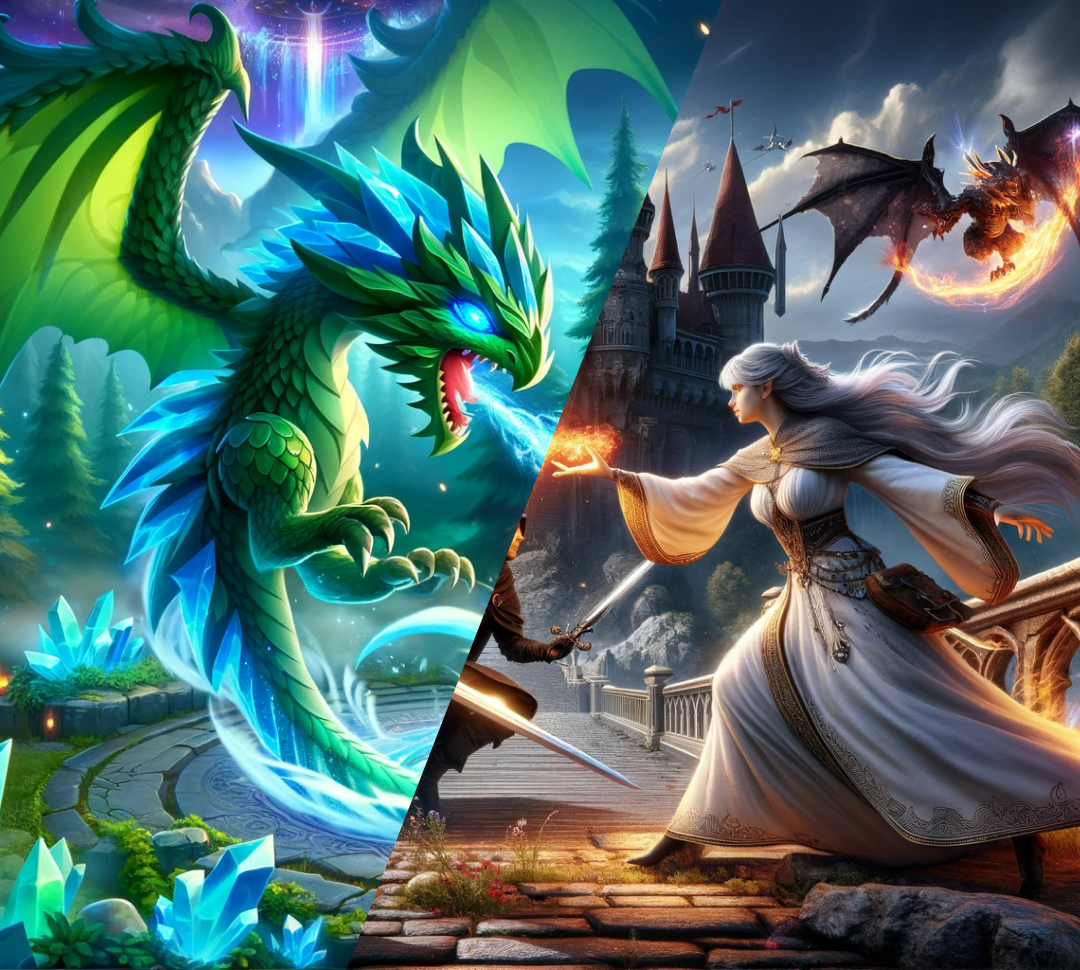 How Much Do You Know About Games in the Unity 2D vs. 3D Battle?
How Much Do You Know About Games in the Unity 2D vs. 3D Battle? 